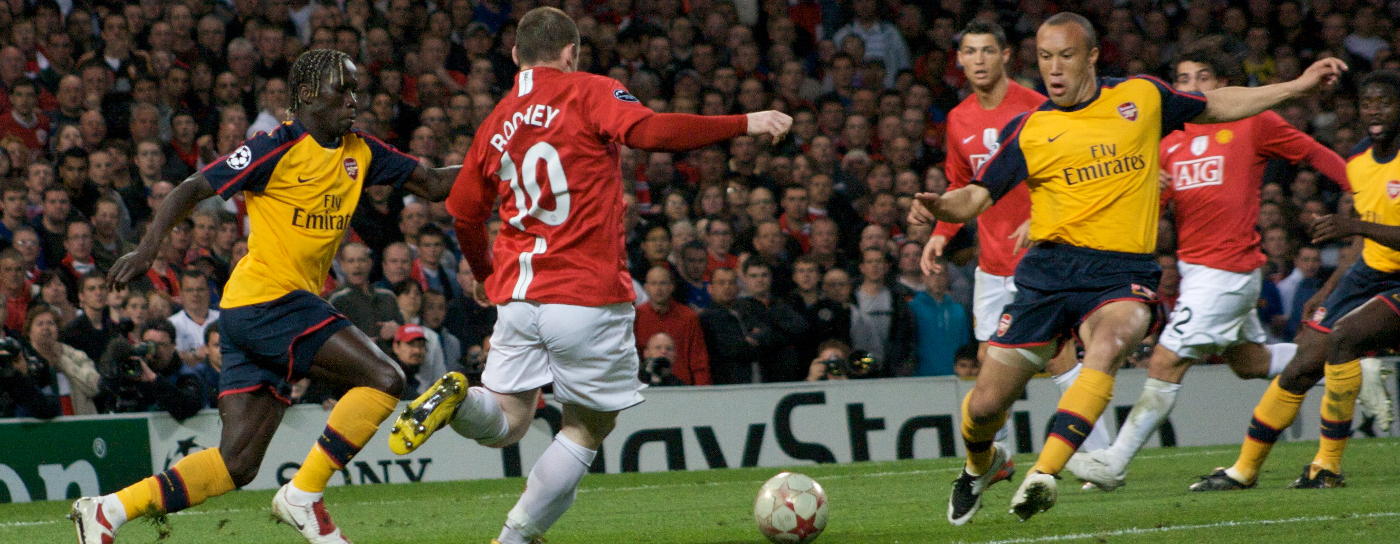
Bet365 (Hillside [New Media] Ltd) v McCann has made headlines for months, but the following line from a Tweet yesterday is perhaps the most insightful observation, “The only reason any of us know about this bet is because it won.”
Let’s ignore Bet365 v McCann and think more generally about what issues this case highlights.
The relationship between the service providers (bookmakers) and customers (punters) in the UK and Irish sports betting industries is in a mess.
The UK government and its appointed gambling regulator has no interest whatsoever in sorting out the issues that may have contributed to this case nearly reaching court. Finally after long delays, the Irish government has started to show an interest, but who knows what will really happen. At least the Irish government doesn’t have hundreds of people being paid to ensure fairness when gambling who appear to have no interest in addressing some of the daily injustices, i.e. a regulator which addresses unfairness only when it suits their agenda.
Having a bet is about trying to win money, why else would you place a bet; it’s not a donation to charity. However, there is now unquestionable evidence that if a customer tries too hard to win money, e.g. using form and speed ratings or using appropriate mathematics; they will be quickly identified and dealt with accordingly. “Dealt with accordingly” usually means stake restrictions that eventually reach such a level that a new hobby is required.
For the vast majority of the general public a UK or Irish gambling licence is not about what they perceive, i.e. that nearly everybody loses, but there are a few who win placing bets in their own name or in person. This perception is long outdated. Bookmakers, aided and abetted by governments and regulators, have managed to hide the fact that sports betting using certain skills leads to exclusion from the activity unless a person is willing to bet in others’ names or get others to place bets for them in a betting shop or online.
Is the general public going to be informed of this status quo anytime soon? Of course not, ‘Justice for Punters’ has yet to meet a regulator in any relevant sector or government department that will ensure full consumer and privacy law applies to bookmakers. Why is this, who knows? Transparency and openness is often no better in civil service circles than it is in bookmaking circles.
Bet365 v McCann is simply a symptom, a reflection if you wish, of the mess the sports betting industry is in. The cause of the mess involves a much wider group of companies and customers, and those involved in the governance of the industry. The fact remains that there isn’t an official body which is willing to work towards an organised constructive discussion involving all parties of the general issues this case has raised. It is far easier not to bother.
Sports betting should be about winnings and losing, whilst respecting bookmakers can’t possibly lose tens of thousands to the same customer year in year out without some sort of risk management. However, this does not mean that bookmakers should have the right to effectively ban every aspirational customer however small their stakes.
The Bet365 v McCann case goes a long way to proving that present licensing and regulation is not working in UK and Ireland. The sooner this problem is addressed without preference being given to any party, the better. The UK and Ireland has laws. At present both countries are also still governed by European law. If you’re paid to ensure those laws or industry codes are followed, get on and do it or move aside. If not, the next case is just around the corner, which is surely unacceptable to all parties with the possible exception of the legal teams.
Finally, it is probably safe to assume, “The only reason any of us know about this bet is because it won.” All the reader needs to do is think really, really carefully why this Tweet is probably true to know that the UK and Irish sports betting industries and the regulation of them is in a mess.








